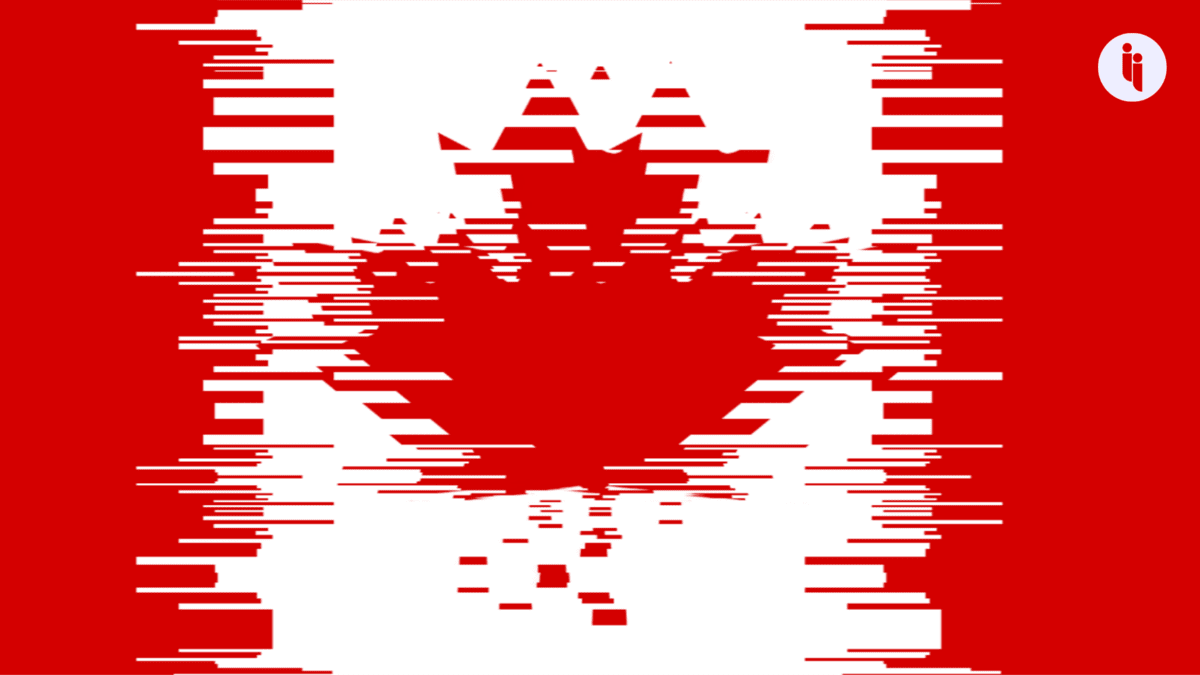Briefly: A Canadian lawmaker has been accused of secretly helping Beijing at the expense of Canadian interests. Toronto-area representative Han Dong has denied wrongdoing, but on Wednesday night agreed to leave the ruling Liberal Party and sit in Parliament as an independent.
Dong’s accusers say he advised China’s consul-general in Toronto to delay the release of two Canadian citizens in China (widely seen as political prisoners), to avoid benefiting China-sceptic voices in the opposition.
His accusers within Canadian intelligence also allege Dong benefited from a “subtle but effective” effort by China’s consulate to back his 2019 election campaign.
Stay on top of your world from inside your inbox.
Subscribe for free today and receive way much more insights.
Trusted by 99,000+ subscribers
No spam. No noise. Unsubscribe any time.
Meanwhile, Prime Minister Trudeau has already opened a private inquiry into alleged election interference in Canada. But as geopolitical divides widen and social media connectivity deepens, election meddling might just get worse.
Intrigue’s take: Canada isn’t the only Western government dealing with election interference. Australia’s PM Malcolm Turnbull introduced world-first foreign interference laws back in 2017 after similar concerns surfaced down under.
And it’s a tough nut to crack:
- Every government wants to protect the integrity of its democracy
- Every intelligence agency wants to protect its secrets, and
- Every modern society wants to avoid isolating citizens with roots abroad.
The solution in Canada, Australia and elsewhere seems to be a controlled leak of intel to shine a light on the issue, followed by carefully calibrated public debate.
Then again, Canadians recently got constitutional protection for the right to flip the bird, so maybe folks will now think twice about messing with their elections.
Also worth noting:
- The Canadian prisoners, Michael Spavor and Michael Kovrig, were released on 24 September 2021, four days after Canada’s elections.
- Canada’s former opposition leader claims his party lost 8 or 9 seats in parliament due to interference by Beijing.
- Rumours emerged overnight that New Zealand is quietly toughening its own approach to foreign interference.








